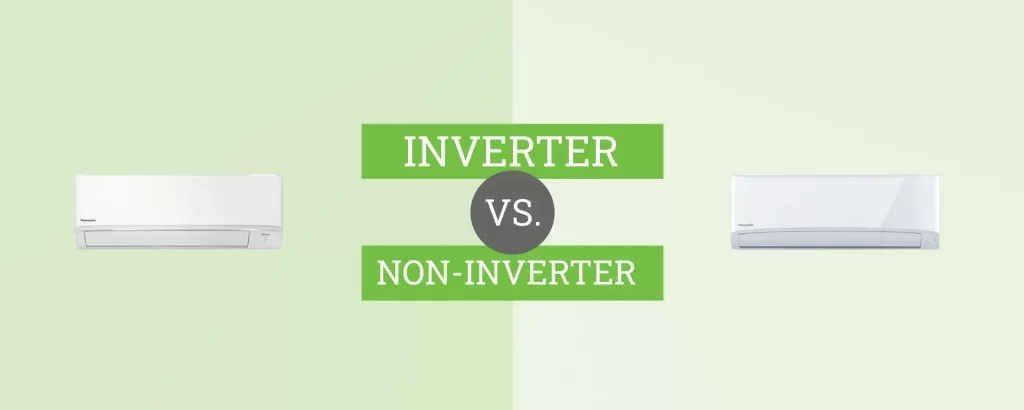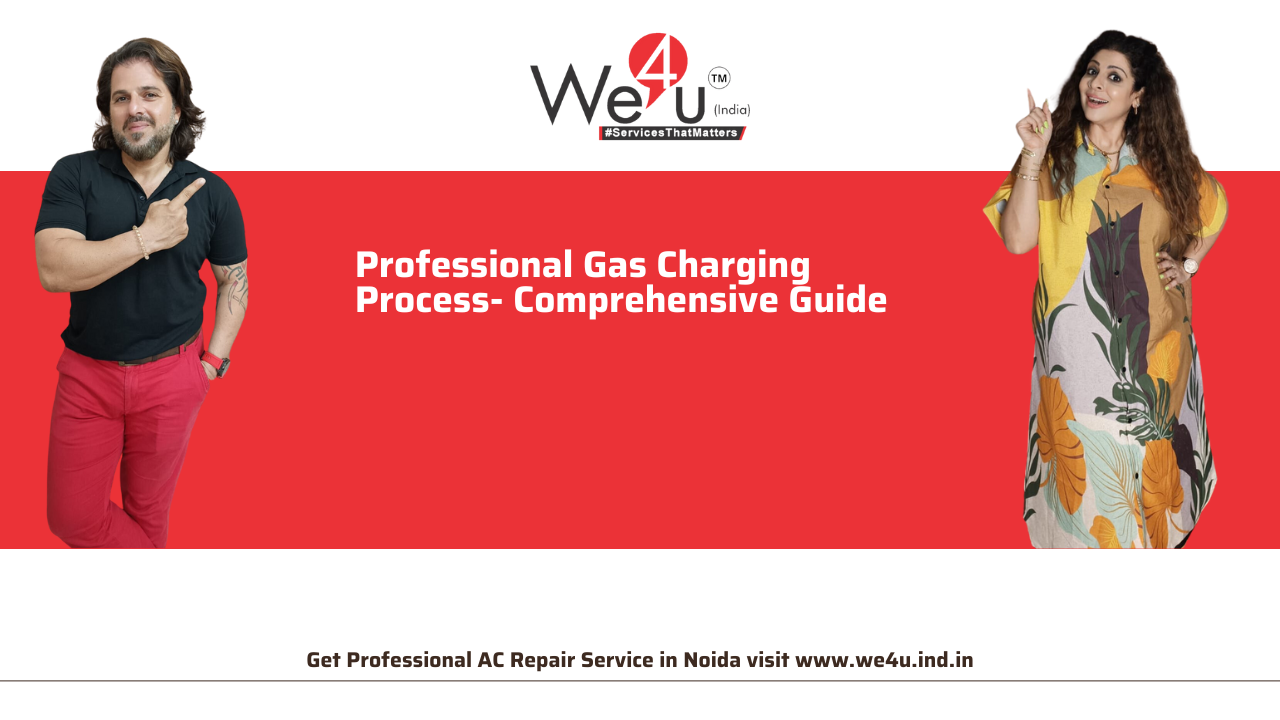Now that summer has almost arrived, more people are turning to buying new air conditioners. When India’s heat becomes intolerable, you will need to get an air conditioner for your own comfort. If you haven’t done so yet, you may learn exactly what an inverter and non-inverter air conditioner are! You could consider an inverter air conditioner if you don’t currently have one and are planning to get one.


What is Inverter AC?
High Electrical Voltage is controlled by inverter technology in AC, which also regulates current and frequency. The power supply to the compressor is increased or decreased by the inverter technology AC to manage cooling or heating. This enables the inverter AC to manage the cooling effect perfectly and conserve energy.
What Are ACs Without Inverters?
With non-inverter air conditioners, the sole temperature control options are to switch on or off the compressor. The non-inverter AC has a predetermined cooling capacity. So it may switch the compressor on or off based on the weather outside.
Technology: Inverter vs. Non-Inverter
The primary difference between these air conditioners is how they use and manage the compressor to produce cooling and warmth. Non-inverter ACs can only run at a fixed capacity, whereas inverter AC windows have the option to adjust their working capacity. They are unable to adjust the compressor to change the AC’s cooling or heating capability.
A 1.5-ton inverter air conditioner can reportedly run between 0.3 and 1.5 tonnes, but a 1.5-ton non-inverter air conditioner can only ever run at 1.5 tonnes.
Compressor Can Be Protected Against Power Fluctuations Using Inverter AC
The ability to maintain a constant interior temperature sets inverter air conditioners apart from conventional air conditioners in terms of benefits. The temperature can change depending on the ambient temperature in any non-inverter AC type. A non-inverter AC can raise or lower the temperature by one or two degrees if the temperature is set to 24 degrees, but an inverter AC will maintain the temperature until the procedure is complete.
Also, Read – Things You Should Know About Smart AC
Inverter ACs have lesser effects on the Climate
New inverter air conditioners employ environmentally friendly R32 refrigerant gas, which not only offers superior cooling but also generates less harmful emissions that hurt the climate. The amount and quality of cooling affect the inverter’s cost.
Inverter air conditioners cost more money but also save energy.
The cost of inverter ACs is often higher than that of non-inverter types. Yet, because it may function at both high and low capacities as needed, its overall operating costs are reduced over time. When the compressor is switched off, a non-inverter AC type simply restarts the operation. But, it’s possible that the electricity used to turn on the compressor will exceed the power saved by shutting it off.
Why is Inverter AC Durable?
When properly maintained AC model may endure for at least a few years. Yet, because Inverter AC split compressors are made of higher-quality components, they are more resilient and have a longer lifespan than non-Inverter AC units.
Why Inverter AC has lower performance compared to non-inverter ACs
Compared to non-inverter AC units, inverter AC units operate with hardly any noise. Modern, intelligent inverter air conditioners also offer a smart sleep mode that reduces power use. Inverter air conditioners may cost a bit more than non-inverter air conditioners, but they can reduce your utility costs in some cases.
Why does Inverter AC require less maintenance?
Compared to standard AC versions, inverter AC units can provide a number of benefits. Nevertheless, because inverter AC systems are less adaptable, maintenance costs might be significant. The compressor is put under less stress and cooling gas is saved during prolonged operation thanks to intelligent heat adaption and flexible cooling.



